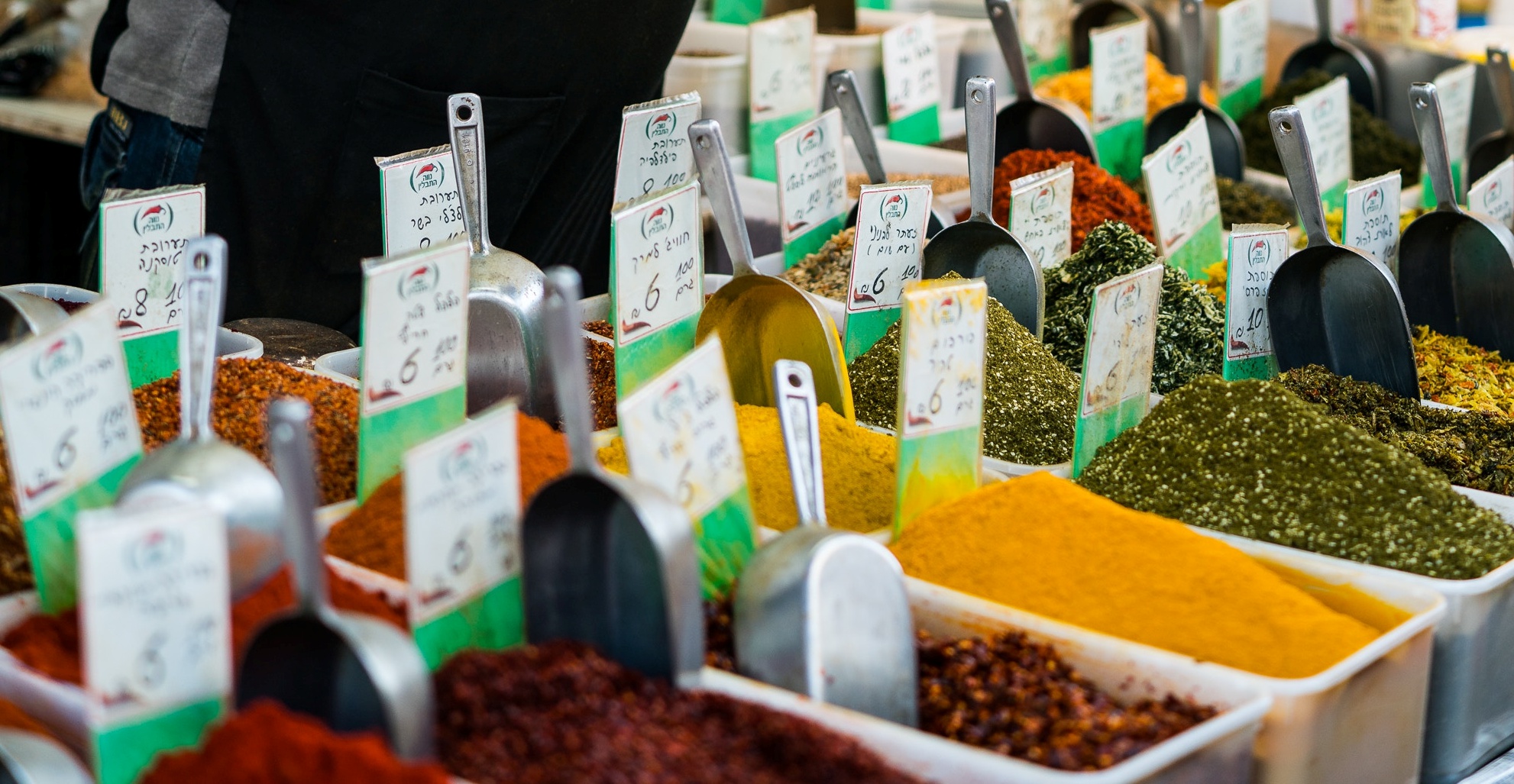While kratom is a remedy for many ailments related to the digestive system, ranging from diarrhea to Chron’s disease, for others digestive issues are also typical side effects of this powerful herb. This contradiction leads many users to wonder: “Can kratom hurt my stomach?” “Is kratom bad for my stomach?” or “Can kratom cause intestinal damage?”
In this post, we will explore the impact of kratom on the digestive system and whether kratom can really damage your stomach.
Kratom in the Digestive System
Kratom (Mitragyna speciosa) is a tree native from Southeastern Asia. It grows naturally in countries like Indonesia, Thailand or Malaysia. Kratom contains alkaloids (such as mitragynine and 7-hydroxymitragynine) which act upon the mu and delta receptors of our brain —also known as the opioids receptors. Thanks to this, kratom can provide beneficial effects. Kratom will help you relieve pain, mitigate anxiety, boost your energy, provide euphoria… But prior to that, our body must absorb kratom’s alkaloids. And it is in the absorption process that the digestive system comes into play.
When you ingest kratom, it first stops in your stomach. Your stomach will then absorb the alkaloids and release them into your bloodstream. But then kratom continues its path into the small intestine. From there, it moves to the large intestine and finally to the colon.
Can Kratom Hurt My Stomach?
Our stomach is a very sensitive organ which can be easily upset. There are many individuals who report that kratom causes them upset stomach, nausea or vomiting. So, unfortunately, the answer to “Can kratom hurt my stomach” is yes. However, people affected by stomach issues or nausea after consuming kratom are most of the times individuals with a very sensitive stomach or users who have consumed an amount of kratom much higher than the recommended dosage.
But there are other factors that can affect the way kratom impacts on our digestive system: pre-existing conditions, the intake method, whether you are taking kratom with your stomach empty or even if you add citric acids to your kratom preparation.
Kratom Doses and Digestive Problems
A large kratom dose is one of the main factors that can provoke digestive issues, such as stomach ache, nausea or the so-called kratom stomach flu. In some cases, these unpleasant symptoms can even extend in the following day. Good news is this discomfort can be easily alleviated with an over-the-counter medication for treating digestive problems. And there is a simple way to avoid this type of kratom side effect: opt for a smaller dose.

Another issue that could arise from large doses of kratom powder is diarrhea. Diarrhea is an uncommon side effect of kratom. It occurs when our body perceives large doses of kratom as a threat. In order to expel the “threat” (that is, the dose of kratom) from our system as quickly as possible, our body throws liquid into our digestive tract, resulting in diarrhea. In any case, kratom diarrhea is not common, and it happens when an individual has taken an abnormally high dosage of kratom.
However, if you need to take high doses of kratom because of tolerance or because of the effect you are seeking to achieve, taking kratom extracts (like tincture or resin) can turn out helpful: kratom extracts will allow you to achieve the same effects with a smaller dose. You will be consuming less plant matter, which could reduce the chances of getting your stomach hurt.
Is It Good to Consume Kratom With an Empty Stomach?
Consuming kratom with an empty stomach will provide a faster onset and even more potent effects. But if you are prone to suffer from stomach issues, taking kratom with your empty stomach could bring about stomach issues or nausea. If this is your case, it is wise to eat some food with the kratom. Thus, you will be protecting your stomach and avoid any issues that could arise. Bear in mind that by doing this the absorption of the alkaloids will be slower, so if you are consuming kratom with a full stomach you may need a slightly higher dose.
Also, consuming dairy products, such as cheese or milk, can help you prevent kratom from upsetting your stomach or your digestive system. This happens because the dairy products create a protective barrier.
Kratom Intake Method
The way we ingest kratom also affects how kratom impacts on your digestive system. The best way to prevent an upset stomach is to consume kratom by brewing it into a tea. By consuming kratom in a tea, you are not eating the plant or the powder. Tea is a less aggressive method of intake which will significantly reduce the potential for stomach problems or nausea. So, if you are prone to suffer from kratom stomach upset, your best choice is to consume kratom tea.
Citric Acids and Digestive Issues
It is very common to add citric acids to kratom teas. However, if you are suffering from stomach ulcers or acid reflux, adding citric acids to your kratom tea is not a good idea.

When combined with the body’s natural acids, citric acids (like lemon juice) could destroy the gastric mucosa (i.e., the mucous membrane that protects the stomach). This membrane is a protective element of the stomach. When the gastric mucosa is gone, the acid comes in direct contact with the stomach lining. This could result in the formation of a stomach ulcer. When citric acid comes in contact with the ulcer, the result is irritation and pain.
On the other hand, if you are prone to indigestion or acid reflux, consuming kratom will bring about higher risks of suffering from stomach acid. Especially if you add citric acid to your kratom. “Does that mean I can’t take kratom because it will hurt my stomach?” you may be wondering by now. No, you can still consume kratom. To avoid reflux or to prevent acids from damaging your stomach, eat something when you take kratom. Wait until kratom effects have reached its highest point. Then take an antacid medication.
There is one antacid medication in particular which is a known kratom potentiator: cimetidine. Cimetidine is an inhibitor of cytochrome P450, one of the enzymes that degrade kratom alkaloids. By taking cimetidine, you’ll enhance the effects of kratom. And, at the same time, you’ll protect your stomach and prevent the formation of ulcers.
Kratom Constipation
Constipation is another side effect of kratom which takes place rather commonly. Kratom constipation happens because kratom alkaloids cause a condition cause intestinal stasis. When intestinal stasis occurs, the rate at which the food passes through the intestinal tract slows. The result is a hard stool which is difficult to pass and constipation. The solution to this problem is not difficult: take fiber supplements or mild laxatives and drink plenty of fluids.
As you can see, the answer to the question “Can kratom hurt my stomach?” is yes. But you can avoid it with responsible use and with the correct intake method for you. Furthermore, kratom users report that intestinal and stomach issues in most cases are easy to manage. Also, the benefits of kratom outweigh these issues by far.




I am looking to see if kratom its self can cause stomach ulcers. This is a great read with lots of good information! It begins to mention stomach ulcers but im unclear if the actual kratom is causing the ulcers or can just aggervate them. I was recently in the er and they believe i have a bleed ulcer, ( i go to have an endoscopy and biopsy done in a few weeks) but the only thing i take on a daily basis is kratom. I began taking kratom over 3 years ago, but i have always suffered from stomach problems and it has definitely help with them, or so i have believed lol Have you found in your research that there can be a direct link from kratom consumption and stomach ulcers?